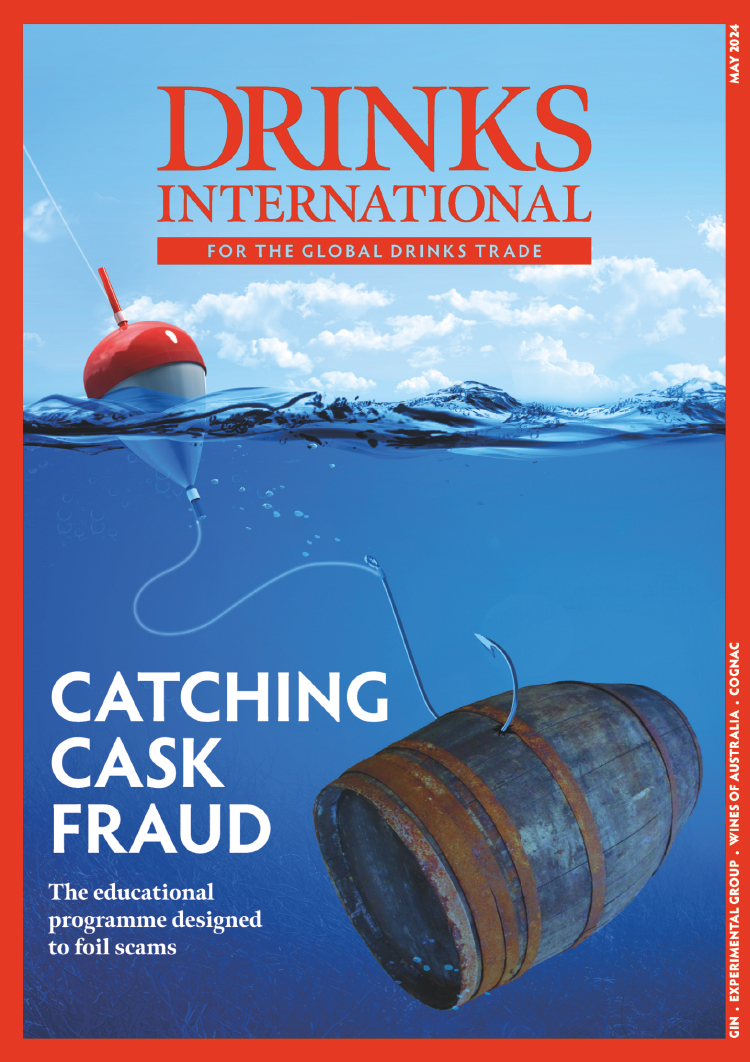The production, storage and delivery of Bordeaux wines expended 203,000 metric tons of carbon dioxide equivalent (CE) in 2008.
This is the result of a nine month survey by CIVB - Conseil Interprofessionnel du Vins de Bordeaux – the governing body of Bordeaux wine.
Their Plan Climat des vins de Bordeaux 2020 aims to cut this by 40,000 metric tons by 2020, a 20 per cent reduction. Growers, négociants and suppliers of materials will be expected to work towards this goal.
There are three priority areas: materials, transport and energy. Glass bottles account for nearly half of the total carbon footprint of materials used in grape-growing and winemaking. The Bordeaux region filled 750 million bottles in 2008, contributing 42,600 metric tons to the carbon footprint. The CIVB hopes to reduce this by 15,000 by the year 2020. Bordeaux producers with be encouraged to use lighter-weight bottles and measures will be taken to encourage glass recycling.
The CIVB also advised that cardboard should be slimmed down, as far as the constraints of transport will allow, and printing kept to a minimum. A campaign is already underway to reduce use of pesticide sprays and other chemicals in the vineyards and cellars.
Transport strategies will include developing the use of rail, ‘rationalising’ road transport, and making greater use of maritime freight, including shipping from the port of Bordeaux to other French ports from which the wines are ultimately to be exported, rather than delivering to the ports overland.
The energy reduction target is 5,000 metric tons of CE by 2020. This could be achieved by training vine workers in ecologically-minded use of tractors, better insulation of buildings, and use of solar and other alternative energy sources.



